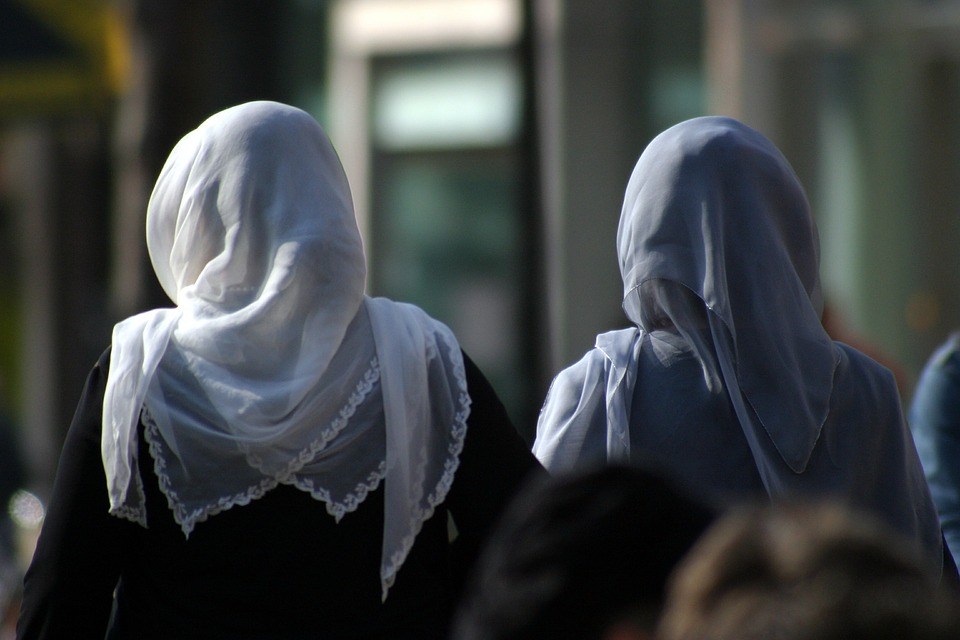The new Flemish coalition agreement that was presented on Tuesday called for ideological neutrality in schools, banning headscarves and other religious symbols.
"In education, we warrant neutrality. In Provincial and Community education, we ensure the philosophical neutrality for teachers and pupils," the agreement said.
The current provincial rules allow each school to create its own policies. "In practice, the ideological neutrality will have little impact on our East Flemish provincial schools, except for the schools in the metropolitan context, such as Ghent," said Kurt Moens (N-VA), who is in charge of provincial education in East-Flanders, to Het Nieuwsblad.
"In Ghent, the neutrality will come down to a headscarf ban. As far as I am concerned, it is possible starting from the school year 2020-2021," he added.
Related News
- Flemish greens want a lift on headscarf ban in schools
- Headscarf ban lifted in Francophone schools in Brussels
"Provincial education is pluralistic education, and that is great. The problem arises when pluralism leads to a few schools with very high concentrations of immigrants, which I want to put a stop to," Moens added.
On all three of the Ghent provincial schools, a few dozens of girls are wearing headscarves, especially in the Middenschool, where there are OKAN-classes for immigrant children who are not ready for a fully Dutch education yet. Several members of staff are also wearing headscarves there.
Moens does not see ideological neutrality as a goal, he said. "I see it as a means to handle a problem. East-Flemish education has to be for everyone, and everyone has to feel at home there," he added.
Maïthé Chini
The Brussels Times

